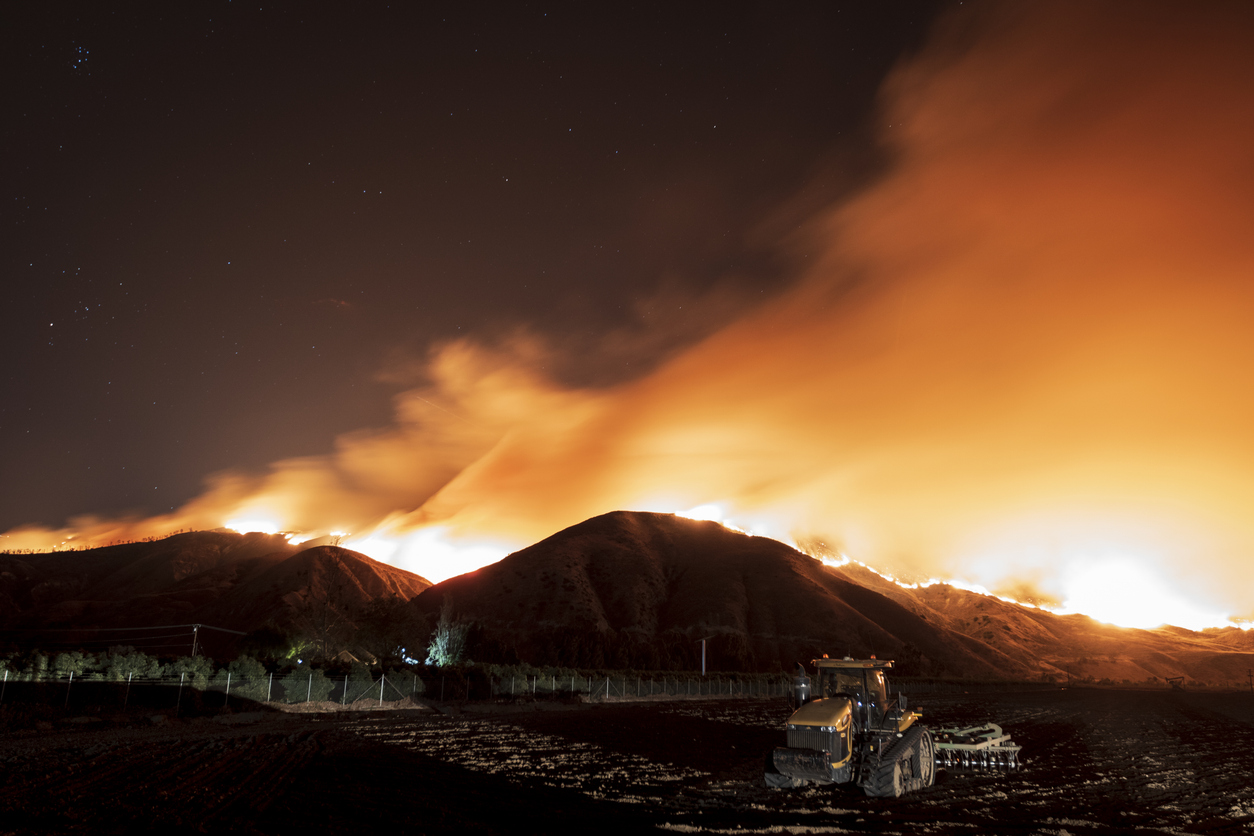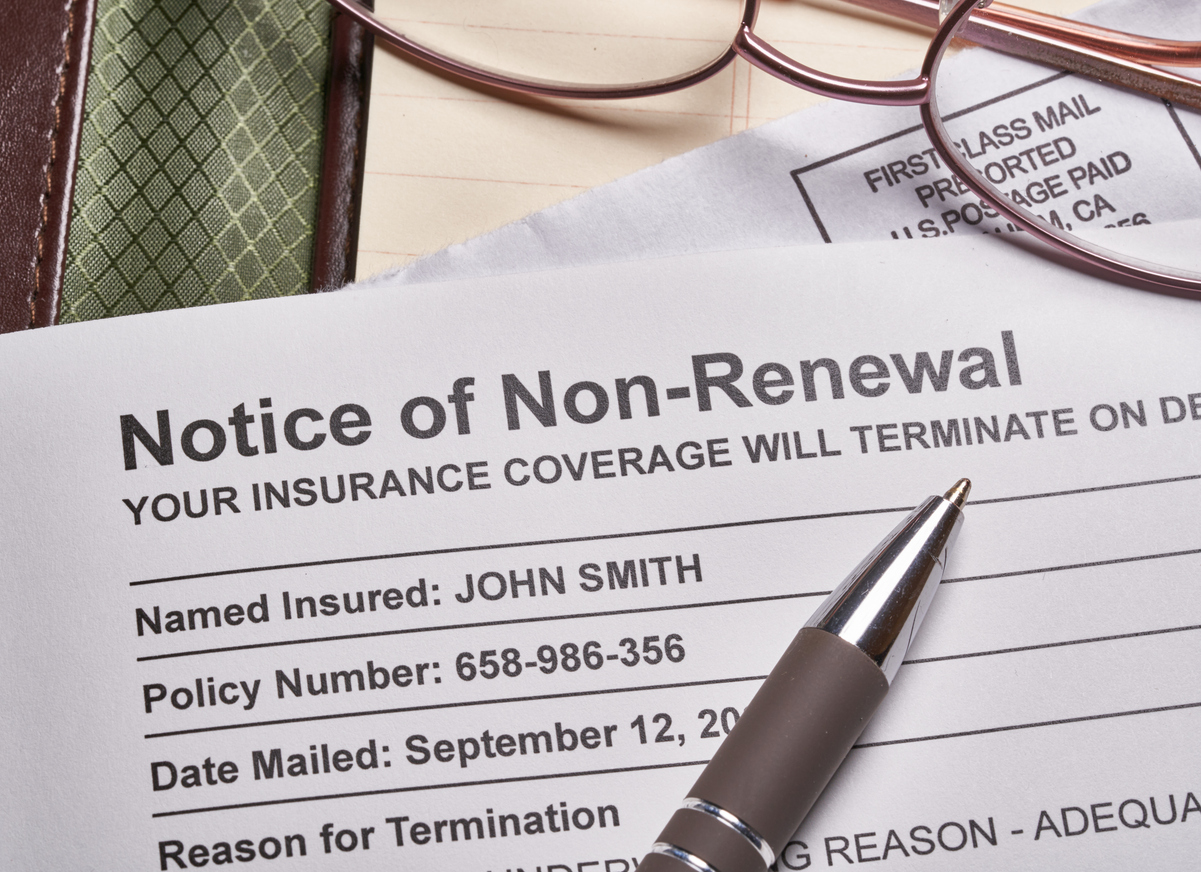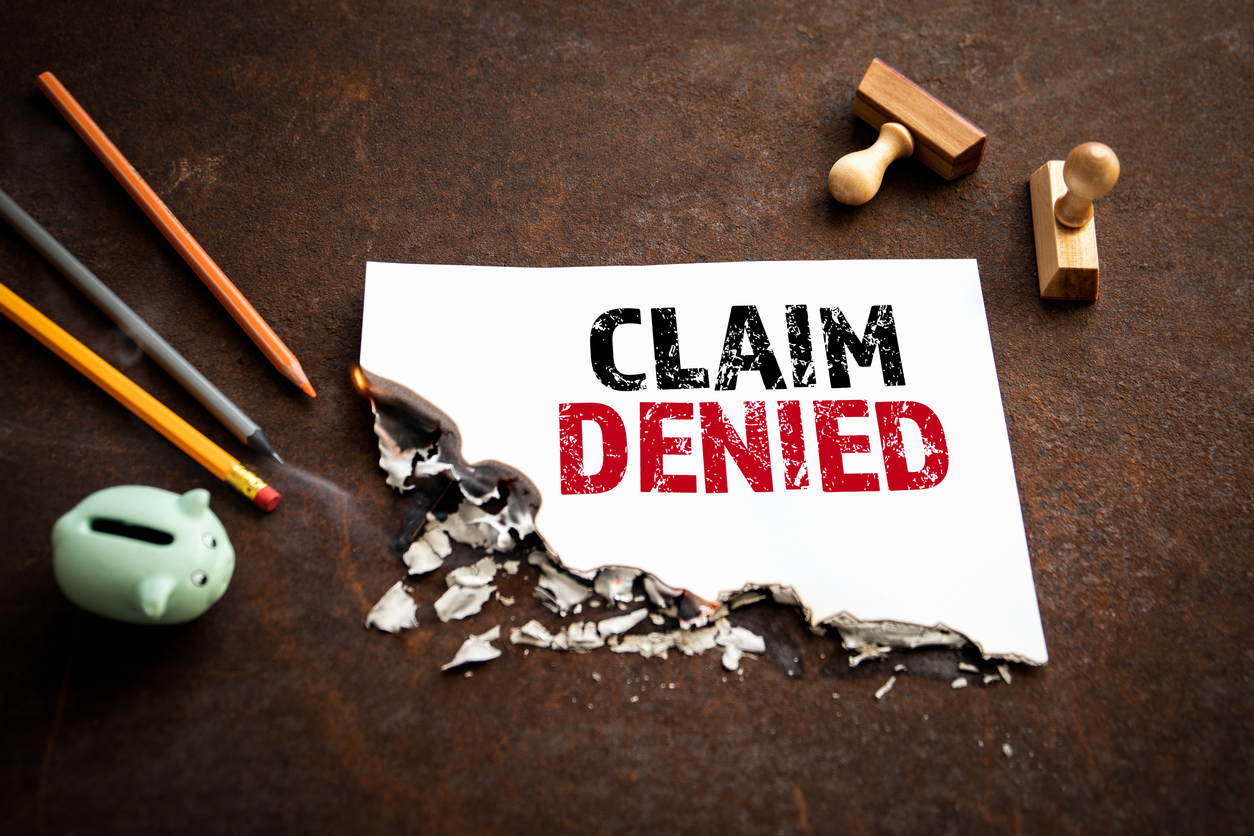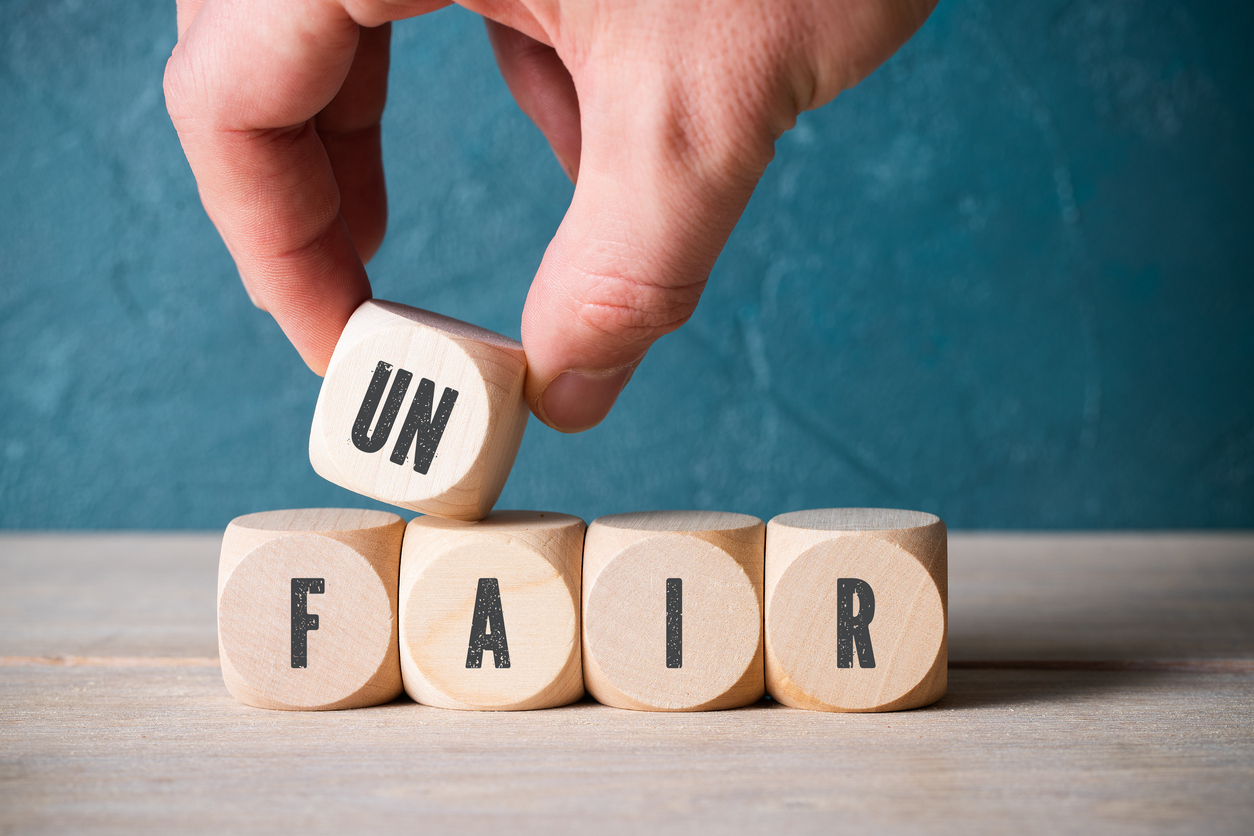Southern California faced a devastating night as the Palisades and Eaton Canyon wildfires raged out of control, forcing evacuations and leaving widespread damage in their wake. I woke up Wednesday to the sound of whipping winds and dark skies of smoke, knowing that it would be impossible for the fires to be put out with the current weather conditions quickly despite the courageous work of our firefighters. Soon, my phone was filled with messages from friends across the world checking in on how we were doing (we are fine), as well as messages and calls from former clients telling me the unfortunate news that they lost their homes. As the recovery begins, many homeowners and even insurance representatives may feel unprepared to handle wildfire claims—especially since Los Angeles County hasn’t experienced an urban wildfire catastrophe of this scale since the Woolsey Fire in 2018.
In California, fire damage is typically covered under insurance policies due to the protections outlined in California’s Insurance Code section 2071. This statute sets the minimum coverage standards insurers must follow, commonly referred to as the “California Standard Form Fire Insurance Policy.” While coverage limits may vary by policy, fire damage is a covered loss. The first step for policyholders is to secure a copy of their insurance policy. If displaced, you can often access your policy through your carrier’s online portal or by contacting your insurance broker.
For those impacted by these wildfires, the best source of information on what to expect once you make your insurance claim will be from United Policyholders, a California-based non-profit organization that provides consumers with honest and practice advice to policyholders. Their free Roadmap to Recovery program helps all policyholders understand their rights and guides them through the process of repairing or replacing damaged homes and personal property.
Here are a few additional suggestions for policyholders as this disaster unfolds:
- Prioritize finding temporary housing. What benefits you are entitled to under your policy may vary; some policies offer to pay for housing of the same size and some of the same price as your property.
- Ask your insurer for advances on living expenses and replacement of personal property. California has special rules for adjustment of wildfire losses, and it is expected that the out-of-state “catastrophe” insurance adjusters who come to California are trained on these requirements.
- Keep all receipts regarding housing and food expenses.
- Policyholders need to also watch out for social media scammers and recommendations. Many so-called professionals – including attorneys – have been waiting for this opportunity for an urban fire in California to win clients by “word of mouth,” even if they lack experience in property insurance claims or wildfire remediation, especially complicated damage losses like smoke, soot, and ash claims.
My heart goes out to the home and business owners who will be navigating the claims process. Recovering after such a devasting event will take time, but knowing your rights and taking careful steps can make the process a little less overwhelming.




